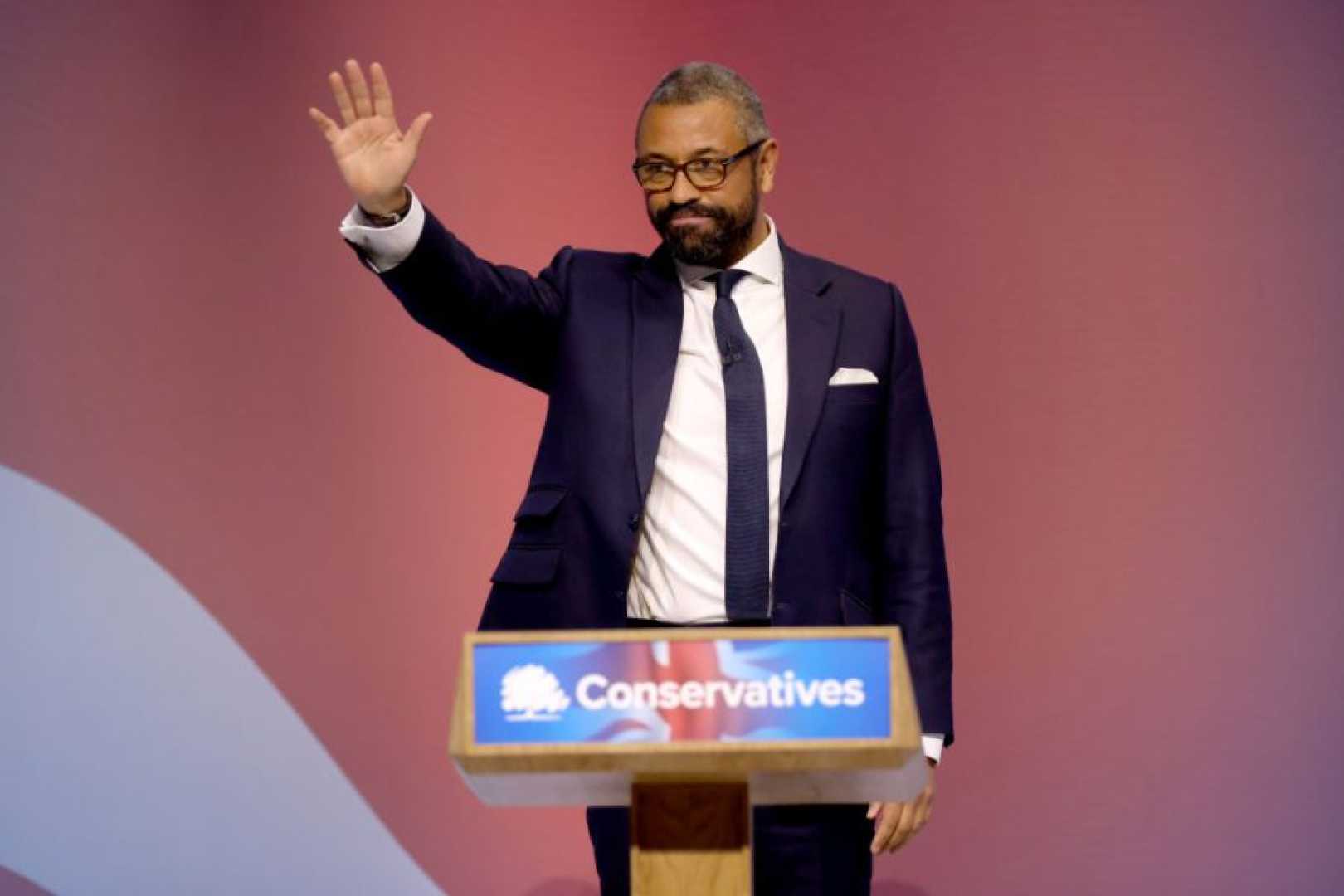Politics
Shock and Strategy at the Conservative Leadership Contest

In an unexpected turn of events, the Conservative leadership contest witnessed a surprising elimination, causing audible gasps among Tory insiders. The apparent frontrunner, James Cleverly, was ousted despite having been 18 points ahead just a day prior. The event has sent ripples of surprise and speculation through political circles.
Reports from within the Conservative ranks suggest that many MPs had been casting votes for their second preference, operating under the assumption that Cleverly’s progression to the final two was guaranteed. This assurance was evident in the comments made by Pippa Crerar, a seasoned political journalist, noting the wide assumption of Cleverly’s safety among his peers.
The ballot result has left some influential figures in dismay. Gavin Barwell, once chief of staff to former Prime Minister Theresa May, remarked on the party’s decision-making, suggesting it was reflective of past electoral missteps. Similarly concerned was David Gauke, former Justice Secretary, who recently rejoined the party and expressed his regret through social media.
The outcome has led to theories regarding complex strategies of “vote lending” among MPs. It is speculated that strategic voting might have intended to position Cleverly against a weaker opponent, but instead, backfired spectacularly. James Cleverly himself described the result as “massively disappointing” and called for unity within the Conservative Party.
Political commentators have been abuzz with interpretations. Tim Shipman of The Sunday Times hinted at possible vote manipulation games that went awry. Christopher Hope from GB News referred to Cleverly’s exit as a “jaw dropper” paralleling significant past political events.
In the wake of Cleverly’s elimination, Kemi Badenoch and Robert Jenrick have emerged as the final contenders, sparking intense discussions amongst Tory strategists about the party’s ideological direction. Both candidates reflect a shift towards the right, with Badenoch leading Jenrick by a slender margin in the latest ballot count.
The elimination has provoked a variety of reactions across the political spectrum, including from rival parties. Labour MPs have reacted with a measure of schadenfreude, suggesting that the leadership contest’s outcome may inadvertently benefit Labour in future elections.
As the Tory members prepare for the next stages of this unexpected contest, the direction the party takes remains uncertain. The debates surrounding vote lending, ideological divisions, and electoral strategy are expected to continue as the ramifications of this political shock unfold.












